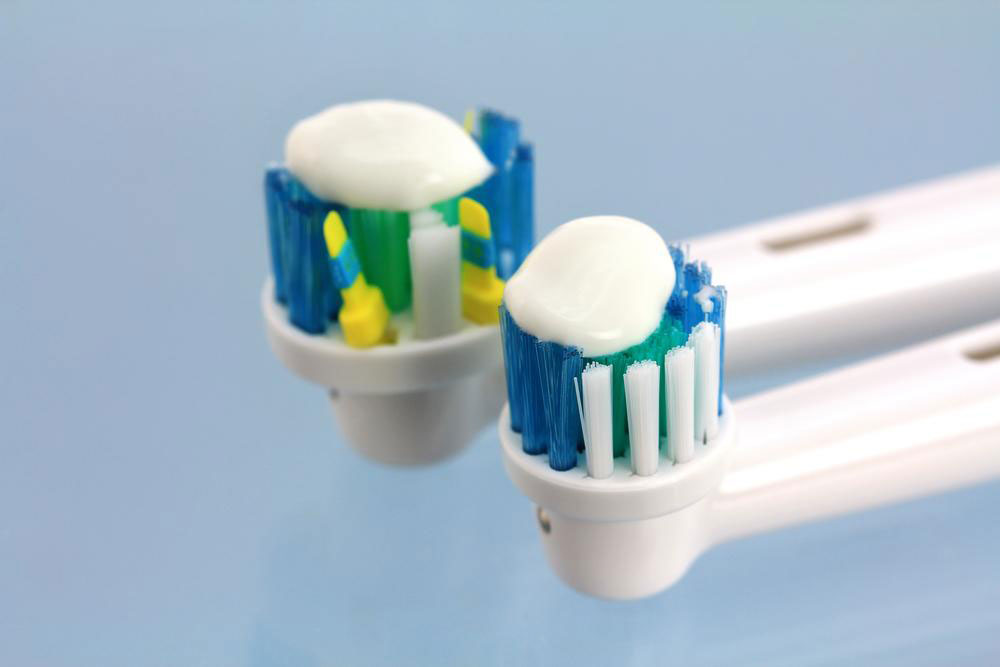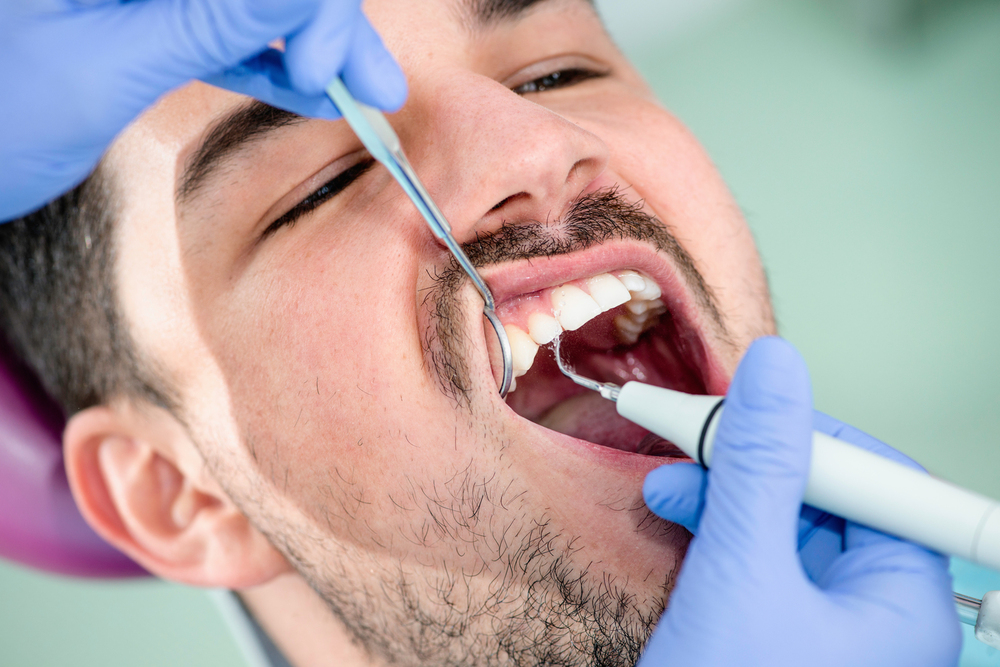Understanding Halitosis: Causes, Symptoms, and Effective Remedies
Discover the causes, symptoms, and effective solutions for halitosis. From everyday dental hygiene to home remedies, learn how to combat bad breath naturally and professionally. Addressing underlying health issues and maintaining good oral care can significantly improve oral freshness and confidence.

Understanding Halitosis: Causes, Symptoms, and Effective Remedies
Halitosis, commonly known as bad breath, is medically called Fetor Oris, indicating an unpleasant odor from the mouth. This condition can cause social embarrassment, increased anxiety, and persistent discomfort. It may occur as a short-term issue or develop into a chronic problem, making it the third most common reason to visit a dentist—after tooth decay and gum disease.
Signs of bad breath include an unpleasant taste, dry mouth, altered taste sensations, and a coated tongue. Often, bad breath is unnoticed until someone nearby points it out, prompting social concerns.
Common Indicators of Bad Breath
People may only recognize bad breath when others distance themselves, or they notice a sour taste, dry mouth, changes in taste perception, or a coating on the tongue.
Primary Causes of Halitosis
Various factors contribute to bad breath, including:
· Diet – Food residues and their breakdown produce foul odors in the mouth.
· Dry Mouth – Low saliva production hampers natural cleansing, leading to odor buildup.
· Tobacco Use – Smoking or chewing tobacco leaves residues that cause distinct smells and promote gum problems.
· Poor Oral Hygiene – Inadequate brushing and flossing leave food particles fostering bacteria.
· Medications – Certain drugs like antihistamines, nitrates, and vitamins can contribute to halitosis.
· Dental Devices – Braces or dentures trap food, leading to plaque and odor formation.
Effective Strategies for Managing Bad Breath
Addressing underlying health issues such as sinus infections, diabetes, or acid reflux can improve breath. Consulting a healthcare specialist about medication side effects may be necessary.
Routine oral care—brushing, flossing, and using mouthwash—helps combat bad breath. Avoid tobacco, visit the dentist regularly, and maintain dental prosthetics hygiene for optimal results.
Home Remedies for Fresh Breath
Use natural oral care products—opt for toothpastes and mouthwashes free from alcohol, containing ingredients like aloe vera, tea tree oil, or green tea, which kill bacteria and keep the mouth hydrated.
Baking soda rinses or brushing with soda balances oral pH and fights bacteria.
Mix a tablespoon of apple cider vinegar in warm water and drink before meals or use as a gargle to neutralize odors.
Consume herbal teas made from mint, sage, or tulsi to reduce bacterial growth.
Chew mint leaves, fennel, or sugar-free mints and gums to freshen breath and stimulate saliva.
Eat fiber-rich fruits like apples to maintain oral moisture and reduce bacteria.
Breathe through the nose to prevent dry mouth caused by mouth breathing.
Incorporate oral probiotics like K12 and M18 to influence good bacteria in the mouth.
Limit or eliminate dairy intake if lactose intolerant, to prevent odor caused by fermentation.
Ensure adequate intake of vitamins C, B, D, and E to support immune health and reduce mucus buildup causing bad breath.
Disclaimer: This article provides informational content based on research but is not a substitute for professional medical or dental advice. Consult your healthcare provider for personalized diagnosis and treatment.










